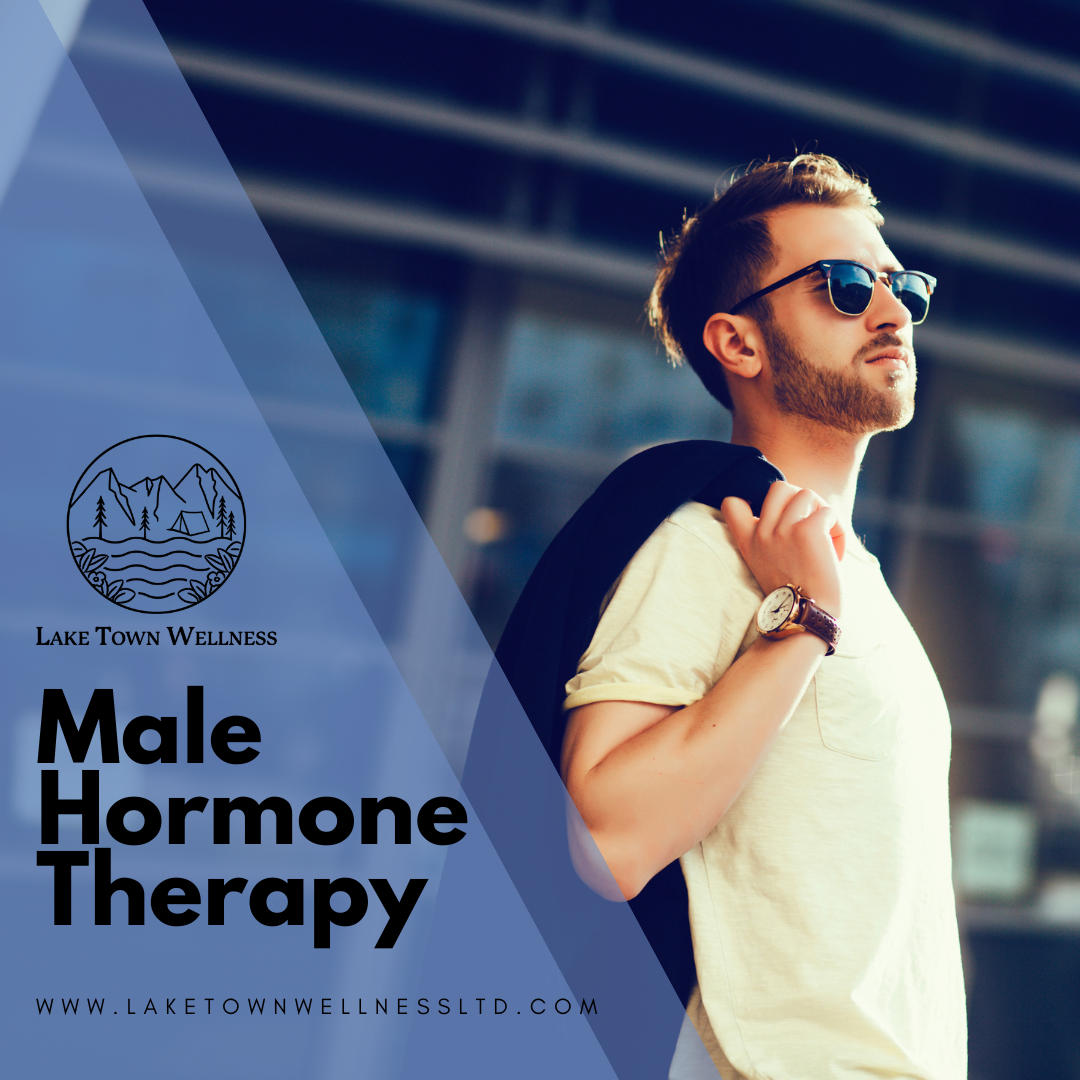In the intricate orchestra of men’s health, hormones play a starring role, influencing not only physical attributes but also overall well-being. Understanding the significance of hormonal balance is key to unlocking vitality, mental clarity, and sustained energy. Join us on a journey to explore the pivotal role hormones play in men’s health and how maintaining equilibrium can enhance every aspect of life.
Key Hormones
Central to men’s health are key hormones that govern various physiological processes. Testosterone, often considered the primary male sex hormone, is instrumental in muscle development, bone density, and libido. Cortisol, the stress hormone, impacts energy regulation and immune function. Additionally, hormones like insulin, thyroid hormones, and growth hormones contribute to the intricate balance necessary for optimal health. Understanding the roles these hormones play provides insights into the intricate mechanisms that contribute to men’s overall well-being.
Impact of Imbalance
When the delicate balance of hormones is disrupted, it can have profound effects on men’s energy levels, mood, and physical performance. Low testosterone levels, for example, may lead to fatigue, reduced muscle mass, and a diminished sense of vitality. Elevated cortisol levels, often a consequence of chronic stress, can contribute to mood swings, anxiety, and impaired cognitive function. Recognizing these signs is crucial for early intervention and the implementation of strategies to restore hormonal harmony.
Holistic Approach
Optimizing hormonal health involves a holistic approach encompassing lifestyle changes and therapeutic interventions.
- Nutrition: A balanced diet rich in nutrients, including vitamins and minerals essential for hormone production, is foundational. Specific foods, such as those high in zinc and omega-3 fatty acids, can support testosterone levels.
- Exercise: Regular physical activity, including both strength training and cardiovascular exercises, can positively influence hormone levels.
- Stress Management: Adopting stress-reducing practices, such as mindfulness, meditation, and adequate sleep, can help regulate cortisol levels and promote hormonal balance.
- Therapies: In some cases, hormone replacement therapies or other targeted interventions may be recommended to address imbalances effectively.
Let’s Get Started
Your journey to optimal hormonal health begins with understanding your unique hormonal profile. If you’ve been experiencing symptoms of hormonal imbalance or simply want to prioritize your well- being, schedule a consultation with me. Our personalized hormone assessment will delve into your specific needs, allowing us to create a tailored plan to enhance your vitality, mood, and overall health.
Don’t let hormonal imbalances hinder your potential. Take the first step toward a healthier, more vibrant you by scheduling your consultation today. Your well-being is our priority.

